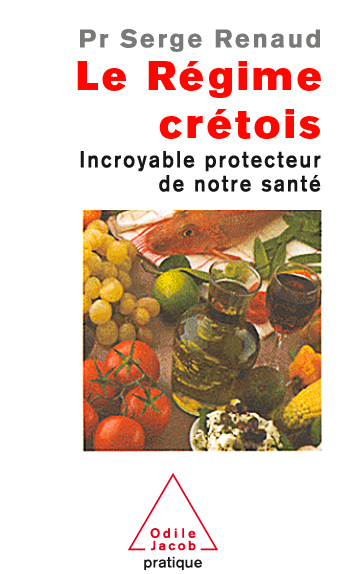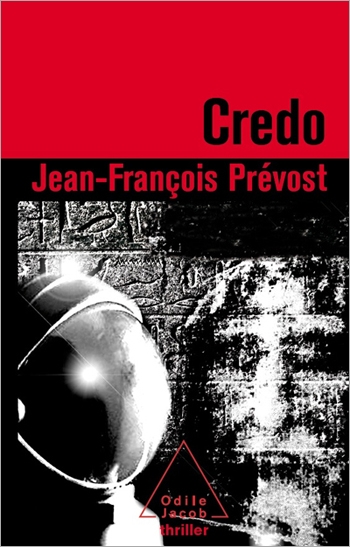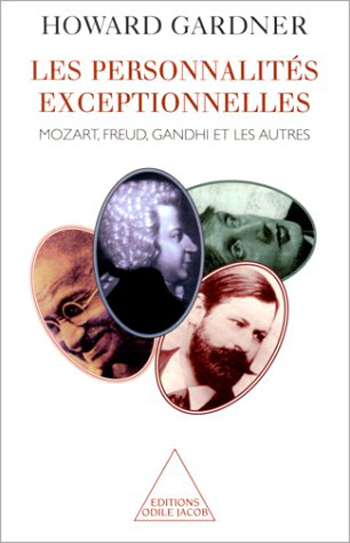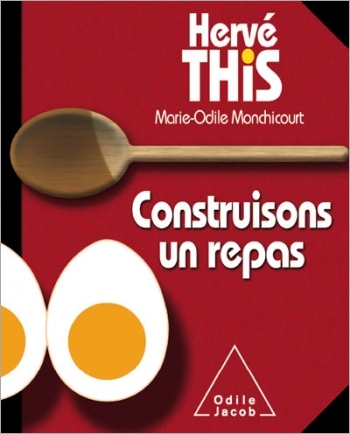Catalog All books
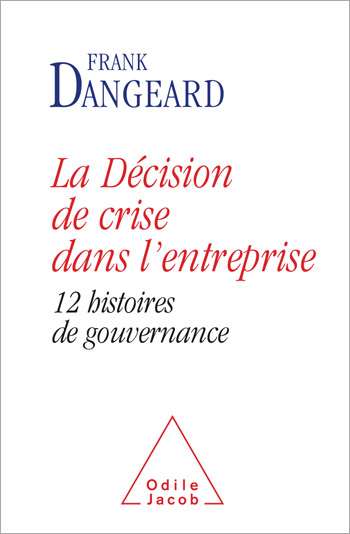
Frank Dangeard
Crisis Decision-Making in Businesses 12 Tales of Governance
Based on his extensive experience as a manager and administrator, and illustrated with numerous examples from recent business history...
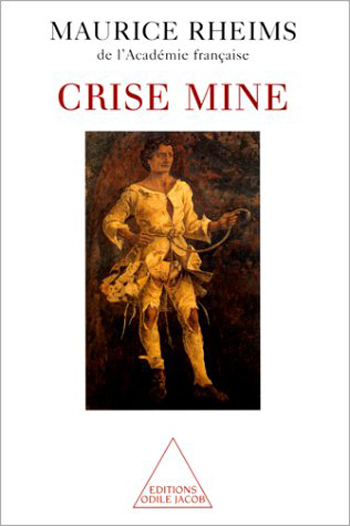
Maurice Rheims
crise mine
A well-known writer, art collector, academic, and sometime auctioneer reflects on life in our times and on the art of living well. In an age when it has become fashionable to lament a kind of society-wide depression, Rheims examines other periods of crisis and general malaise throughout history, and ends with a resounding affirmation of the power that curiosity, beauty, and art will continue to hold. Maurice Rheims is president of the Fondation de France's cultural development fund, and a member of the Académie française. He is the author of many essays, novels, and books on art.
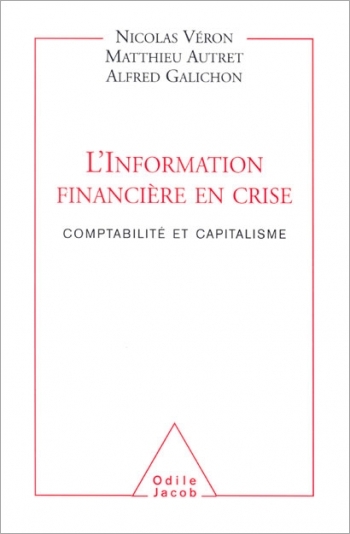
Nicolas Véron, Matthieu Autret, Alfred Galichon
Crise in Financial Information Accounting and Capitalism
Enron, Andersen, Worldcom: although these companies have stopped dominating the headlines, the shock waves they sent through the business community in 2002 have not yet subsided. The belief that accounting is an exact science has been shattered, while economic relations are upset by the knowledge that financial information may be untrustworthy. Yet the market economy profoundly requires relevant and reliable information about the activity and financial situation of businesses. Taking into account the increasing strength of capital markets and international investors, the authors outline the basic elements that could constitute a new, balanced system of accounting that would accompany the necessary changes in capitalism, particularly in France and the rest of Europe. Nicolas Véron, an engineer and high-ranking civil servant, is the founder of Etudes et Conseil pour l'Information Financière (ECIF). Matthieu Autret is an expert currently working for the European Commission. Alfred Galichon is a doctoral candidate in economics at Harvard University.
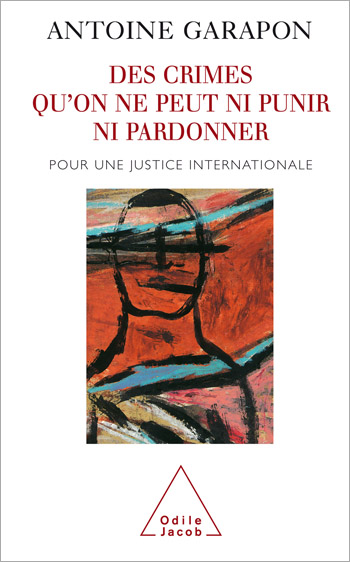
Antoine Garapon
Crimes Which Can Neither be Punished Nor Forgiven Towards an International Justice
The creation of a system of international criminal justice was one of the greatest political upheavals of recent decades. The fact that international criminal law has been allowed to question national sovereignty is a revolution in itself. The detractors of international justice contend that it is simply the justice of the victors. Could they be right? Have law and ethics been muddled? Have the trials conducted in its name helped heal the victims? Can justice prevent civil war? A former magistrate, Antoine Garapon heads the Institut des hautes études sur la justice.
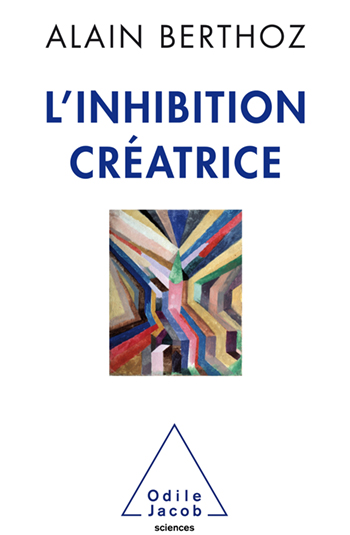
Alain Berthoz
Creative Inhibition To act is also to inhibit
A neglected concept, inhibition holds the key to our individual and social behaviors. A broad bio-sociological panorama for observing human behavior with fresh eyes.
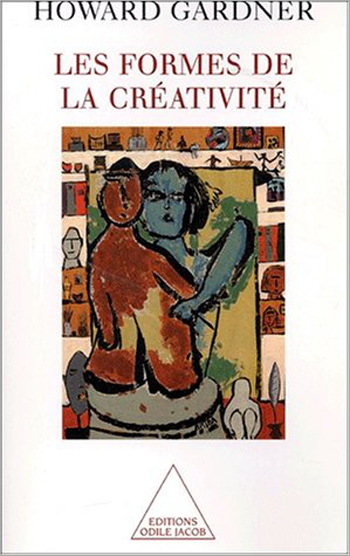
Howard Gardner
Creating Minds An Anatomy of Creativity Seen Through the Lives of Freud, Einstein, Picasso, Stravinsky, Eliot, Grah
What is creativity? Do there exist psychological traits common to all creative geniuses? Can one characterize creativity in different forms and in different areas? It is impossible to respond to these questions without examining variegated and specific cases of creative genius: artistic, literary, scientific and even political. Thus, Gardner proposes seven psychobiographies characteristic of each type of genius: Freud, Einstein, Picasso, Stravinsky, T.S. Eliot, Martha Graham, and Gandhi. What were the different paths that they chose? How did their creative spirits work? Howard Gardner is a cognitive psychologist.
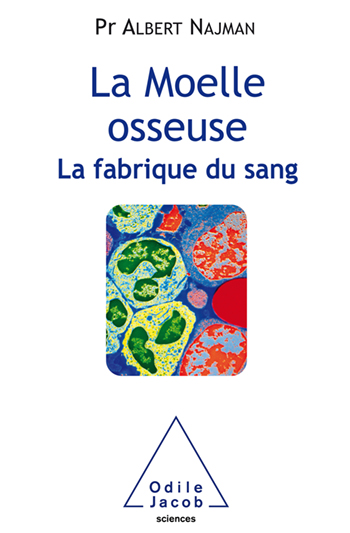
Albert Najman
Creating Blood, Bone Marrow
The most recent discoveries in the functioning of bone marrow represent a great hope for treating diseases such as thalassemia, leukemia, lymphoma, and others.
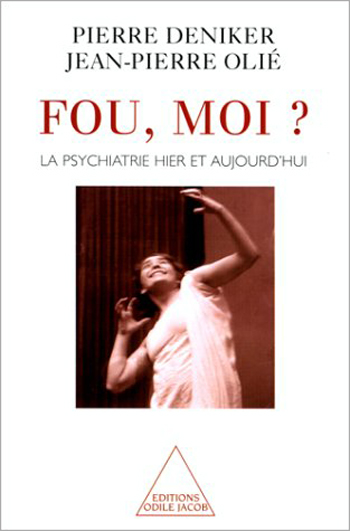
Pierre Deniker, Jean-Pierre Olié
Crazy, Me ? Psychiatry Today and Yesterday
An increasing number of mental patients are being treated outside the stereotypical confines of mental institutions. This trend is often financially motivated, since the cost of institutional care is high. But the psychological advantage to the patients is often contested. Should its demise be encouraged? Need mental institutions necessarily be places of repression and exclusion? What is the position of mental illness in our society--given contemporary therapeutic progress and advances in medication? Jean-Pierre Olié and Pierre Deniker are psychiatrists.
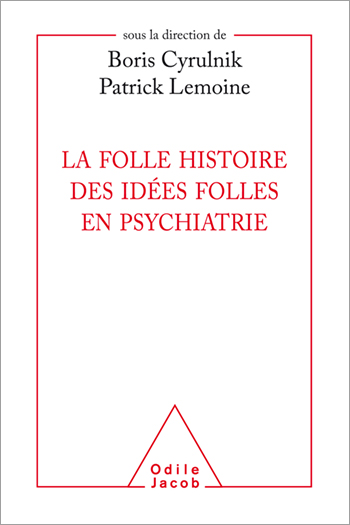
Boris Cyrulnik, Patrick Lemoine
The Crazy History of Crazy Ideas in Psychiatry
A lively and illuminating perspective on the history of a discipline that is still young. Unusual reflections on the future of treatment for psychiatric illness, based on past mistakes. Suggestions for helping the near future to become the Golden Age of psychiatry.
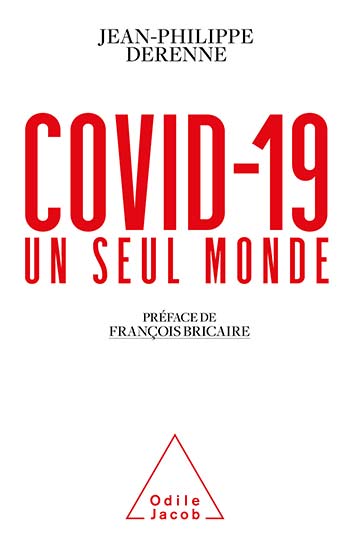
Jean-Philippe Derenne
Covid-19
All that we know about the plasticity of this virus, which is constantly mutating and changing, which makes it completely unpredictable. Even in countries where the crisis was believed to be over (China, Iceland, Slovakia, etc.), new cases are emerging.
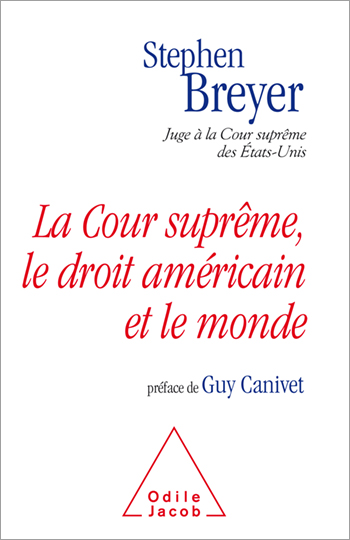
Stephen Breyer
The Court and the World American Law and the New Global Realities
n this original, far-reaching, and timely book, Justice Stephen Breyer examines the work of the Supreme Court of the United States in an increasingly interconnected world, a world in which all sorts of activity, both public and private—from the conduct of national security policy to the conduct of international trade—obliges the Court to understand and consider circumstances beyond America’s borders.

